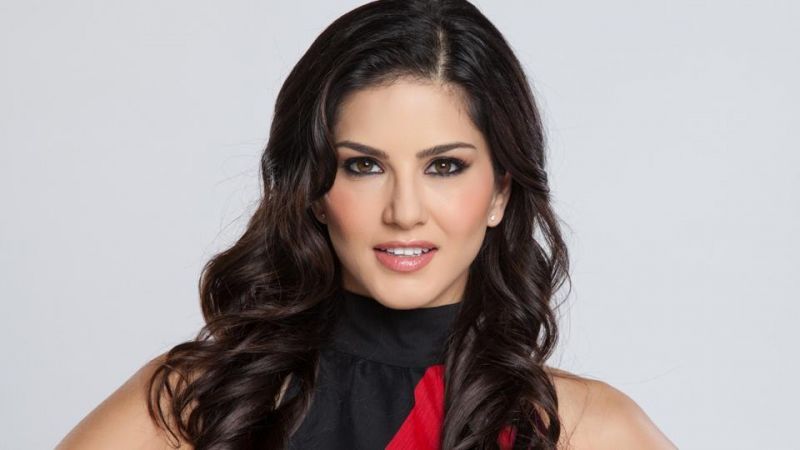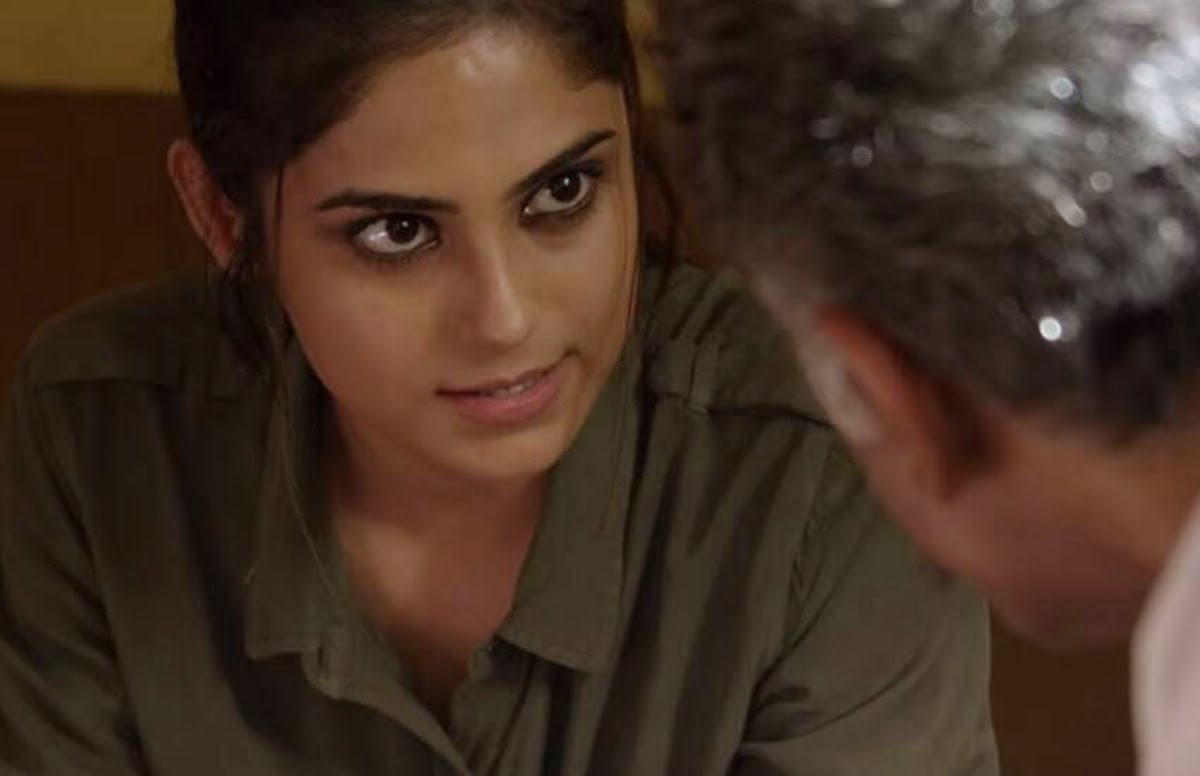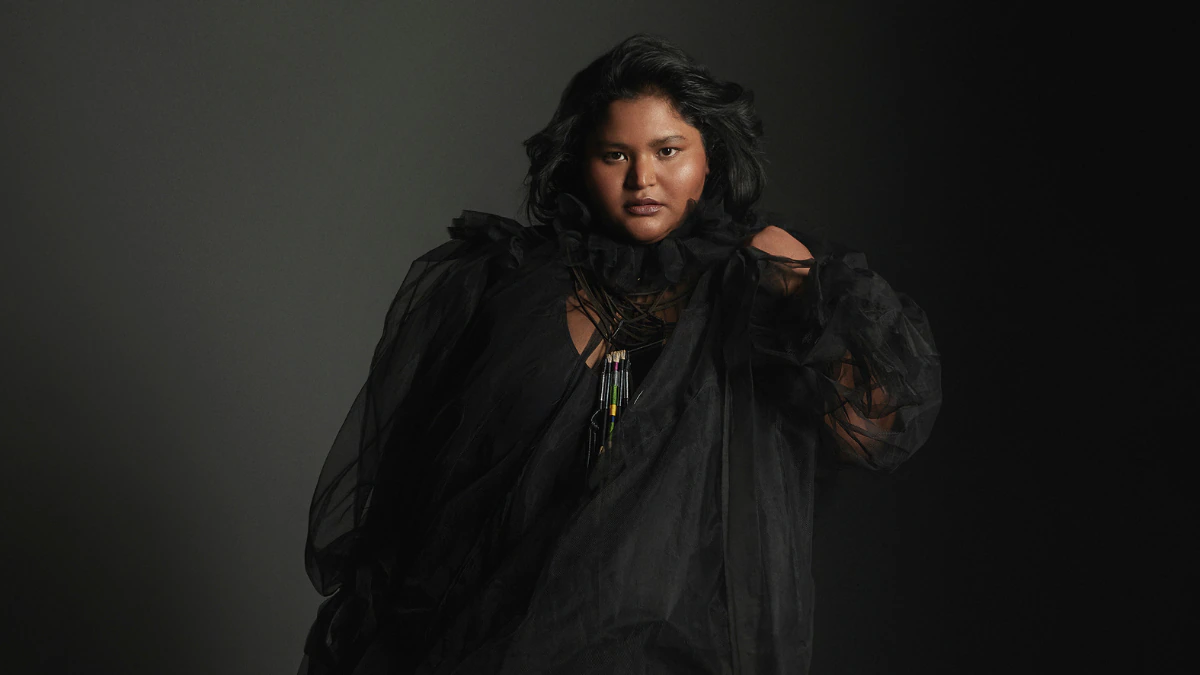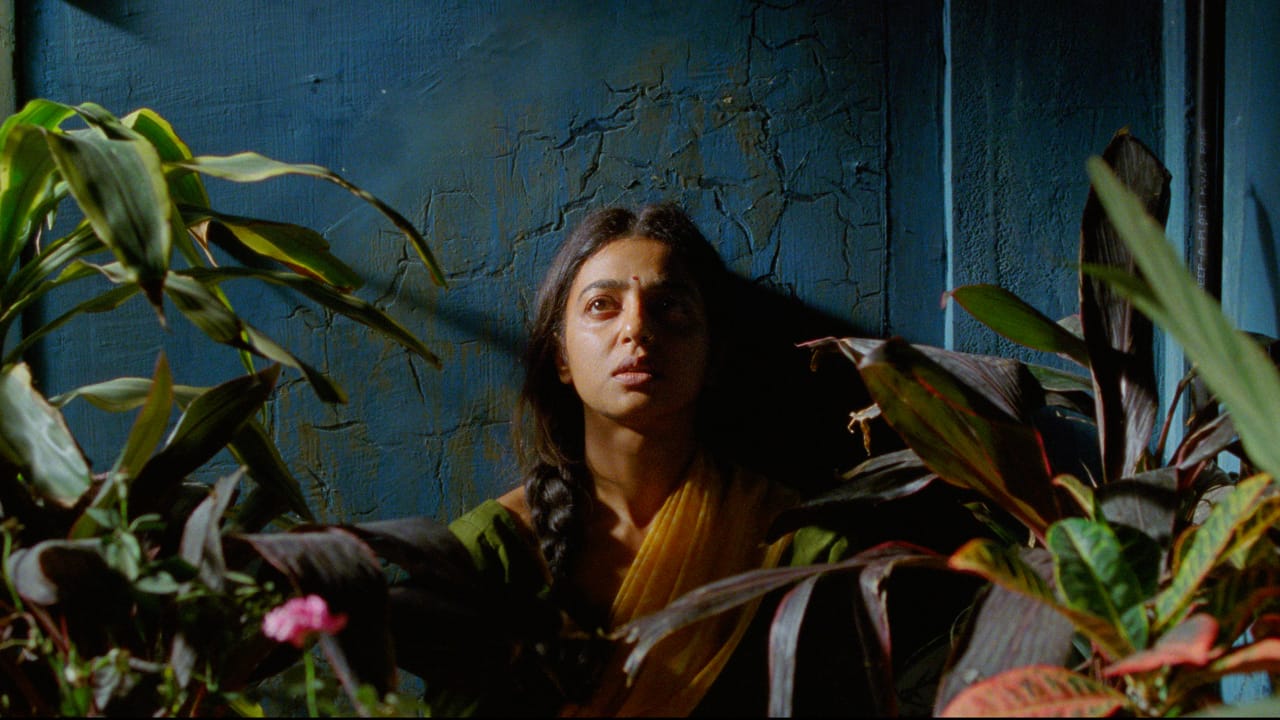Directed by Ram Gopal Verma, Meri Beti Sunny Leone Banna Chahti Hai is a Hindi language short film that was released in 2017. Two things about the way the film was advertised piqued my interest: How the hashtags screamed Sunny Leone’s name in capitals and secondly, the description of the film that claimed: “Aims At Exposing The Deep Rooted Prejudice On How Social Norms Suppress A Women’s Choices“. Obviously, with that I had to watch what Ram Gopal Verma had to offer to the discourse of the feminist movement around choice and liberty. Especially after the recent announcement of a film on the Pranay murder case, which Ram Gopal Verma described as “the saga of the DANGERS of a father LOVING a daughter too much”. The incident he is referring to is that of Maruthi Rao, upper-caste man, who murdered Pranay Kumar, a 24-year-old Dalit man for marrying his daughter Amrutha Rao. That is quite a contradiction to the supposed vision of Meri Beti Sunny Leone Banna Chahti Hai, right?
Also read: ‘Pranay Murder Case’ Was Caste-Driven Murder And Not What RGV Claims As ‘Father’s Too Much Love’
Anyway…
Meri Beti Sunny Leone Banna Chahti Hai is a 11-minute short set in the humble drawing room of the family, depicting the parents’ reaction to their daughter’s ‘shocking’ announcement – “I want to be Sunny Leone.” Herein, unlike the promos and social media strategising of the film did, I do not mention her name in capital letters because for me, she is more than just a porn star. When Sunny Leone made an entrance into the mainstream television viewing with her stint on Bigg Boss, her story and her journey made her a household name in no time. Sunny Leone attempted to venture into mainstream Bollywood too, but the overt sexualisation and capitalisation of her journey as a porn star continued, as is evident from the majority roles she continued to be typecast in, by the Hindi film industry.

Although Ram Gopal Verma harps on and on about a woman’s choice and societal stigma around it in Meri Beti Sunny Leone Banna Chahti Hai, that her name was plastered in capitals on all their promotional tactics on social media or that her name was used at all to drive home the point of a woman’s choice was just another marketing gimmick, if not an extension of the same male gaze that cannot stop objectifying Sunny Leone.
Although Ram Gopal Verma harps on and on about a woman’s choice and societal stigma around it in Meri Beti Sunny Leone Banna Chahti Hai, that her name was plastered in capitals on all their promotional tactics on social media or that her name was used at all to drive home the point of a woman’s choice was just another marketing gimmick, if not an extension of the same male gaze that cannot stop objectifying Sunny Leone.
That is not the only thing wrong with the title (to begin with) of the film. Unlike the film-maker’s previous venture Main Madhuri Dixit Banna Chahti Hoon, in Meri Beti Sunny Leone Banna Chahti Hai, the emphasis is on the protagonist’s societal obligation as a beti, again furthering the same societal stigma RGV has apparently set out to thwart. It is mandatory for the female members of the families to always fulfill their responsibilities exclusively based on their identities such as Beti, Bahu, Maa etc. and not attempt to carve an identity independent of all filial and cultural associations for themselves. This applies especially to women and girls because their identity is always supposed to be relative to someone else. So when RGV makes the title sound as an expression of her parents, it implies daughters are the property of their parents, thus denying them agency – the issue that Meri Beti Sunny Leone Banna Chahti Hai attempts to take up.
Though RGV manages to maintain his streak of absurd camera angles and space usage in the short film too, it is not limited to that. The protagonist at one point in her tirade states that a woman’s beauty is her biggest treasure and that she wanted to take advantage of her own. Though the latter part of her argument is quite optimistic and aspirational, to claim that a woman’s beauty is her biggest treasure is reducing a woman to an object (again!) and contradicting the feminist movement (again!). It goes against the radical feminist concept of beauty as a social construct, especially when people have more than what their superficial attributes have to offer. Also, does that mean a woman who has been told that she is not conventionally pretty cannot aspire to make a career in the porn industry if she so wishes?
The way the protagonist in Meri Beti Sunny Leone Banna Chahti Hai questions her parents’ life choices are also… for lack of better words, ill-informed. She tells her father that she never complained that all he was a mere bank manager and could not provide for them enough. Meanwhile, it seems like from her mother, she did not have very high expectations to begin with. “Maine kabhi nahi poocha aap rani kyu nahi ho”, she tells her, in what is a very obvious reinforcing of gender roles and expectations from each gender. She fails to question why her mother did not have a career at all and also, implies the father failed his role as the conventional breadwinner and protector of the family.
In Meri Beti Sunny Leone Banna Chahti Hai, the father (played by Makarand Deshpande, brilliant as always even in a lacklustre project such as this) is then shown to attempt to engage in a rational conversation, while the mother (Divya Jagdale) is shown evidently experiencing bouts of hysteria while attempting to maintain a shocked face throughout the short (obviously, by now RGV has handheld us through a revision of almost all patriarchal tropes in cinema). After a point even though the film trails and becomes preachy rather than assertive, it attempts to make the viewers uncomfortable and make them think.
Also read: Sunny Leone Is A Person Before A Porn Star Or Role Model – Can We Let Her Be?
As feminist critics of a film that shoddily attempts to preach on women empowerment by employing overt objectification of a porn star for marketing purposes and is based on a half-baked research on feminist ideals, the only takeaway we have for you is: We watched Meri Beti Sunny Leone Banna Chahti Hai so you don’t have to!
However, as feminist reviewers of a film that shoddily attempts to preach on women empowerment by employing overt objectification of a porn star for marketing purposes and is based on a half-baked research on feminist ideals, the only takeaway we have for you is: We watched it so you don’t have to!
Nikita identifies herself as a feminist and a human rights activist. Nikita is on the path to unfold gender with the encounters that she has with people on field, family and friends. She is sensitive towards issues concerning gender and strives for equality for all. She is a Hrihtik Roshan fan and loves listening to music and reading novels in her free time. You can find her on Twitter and Instagram.




